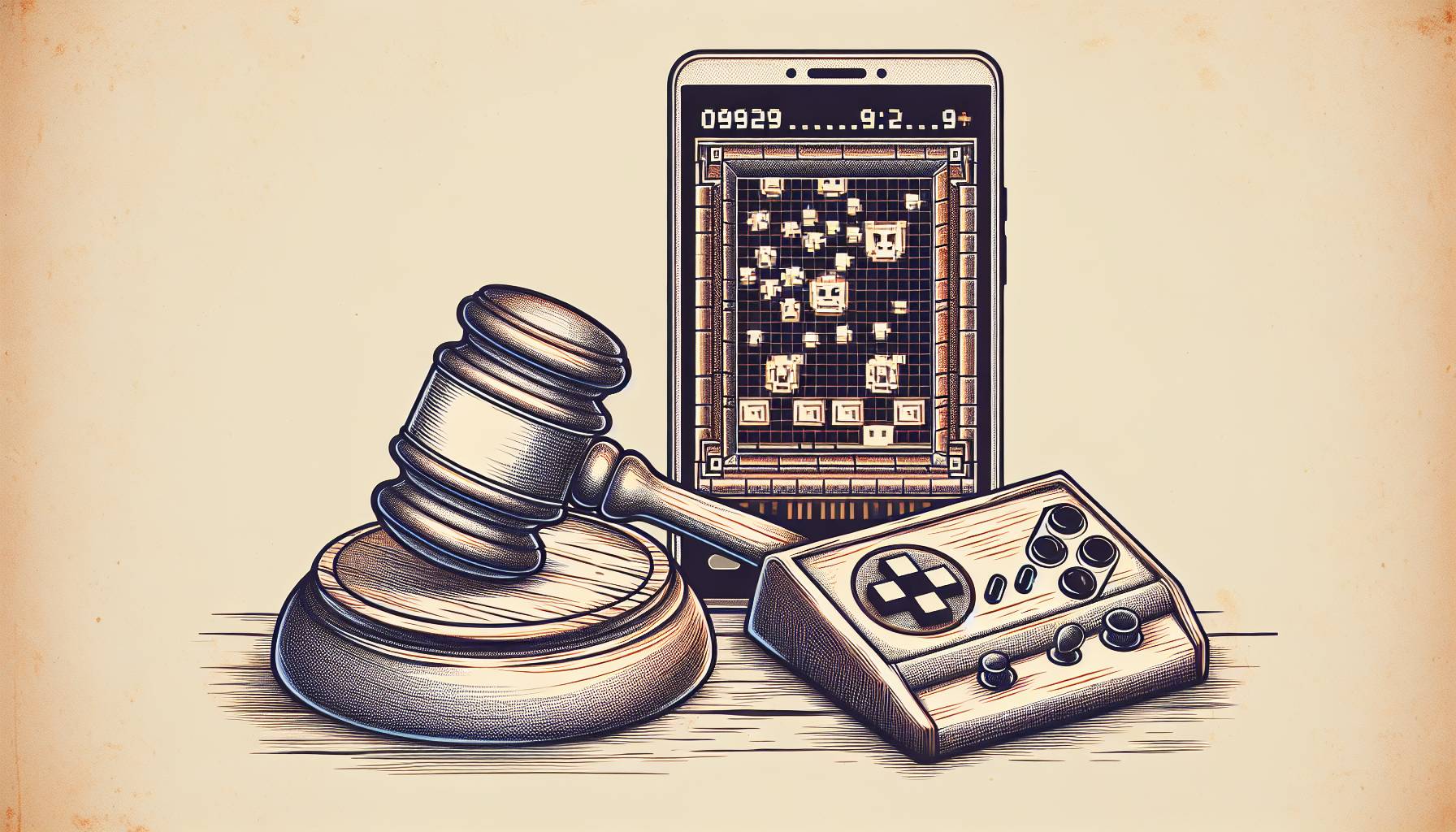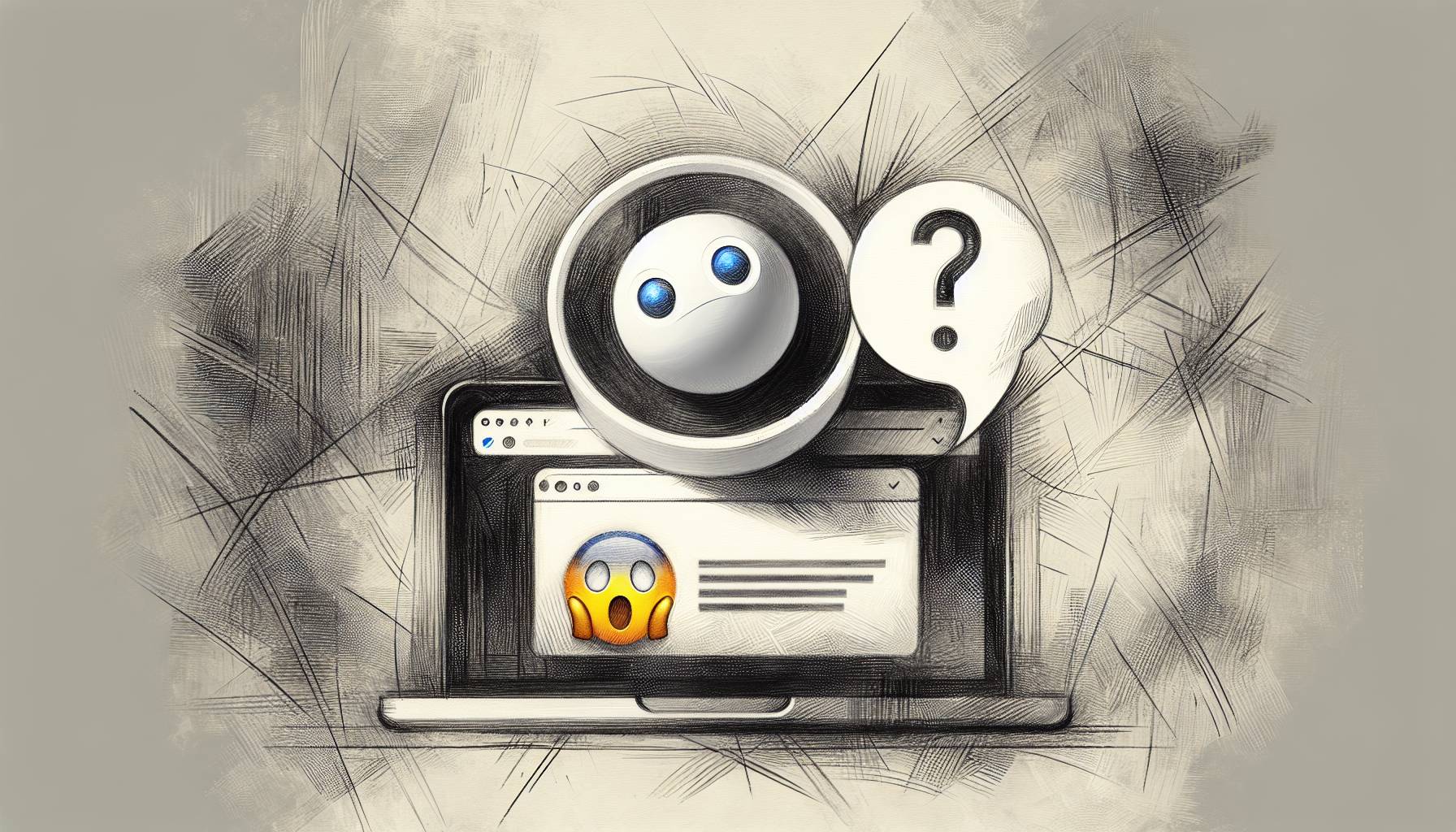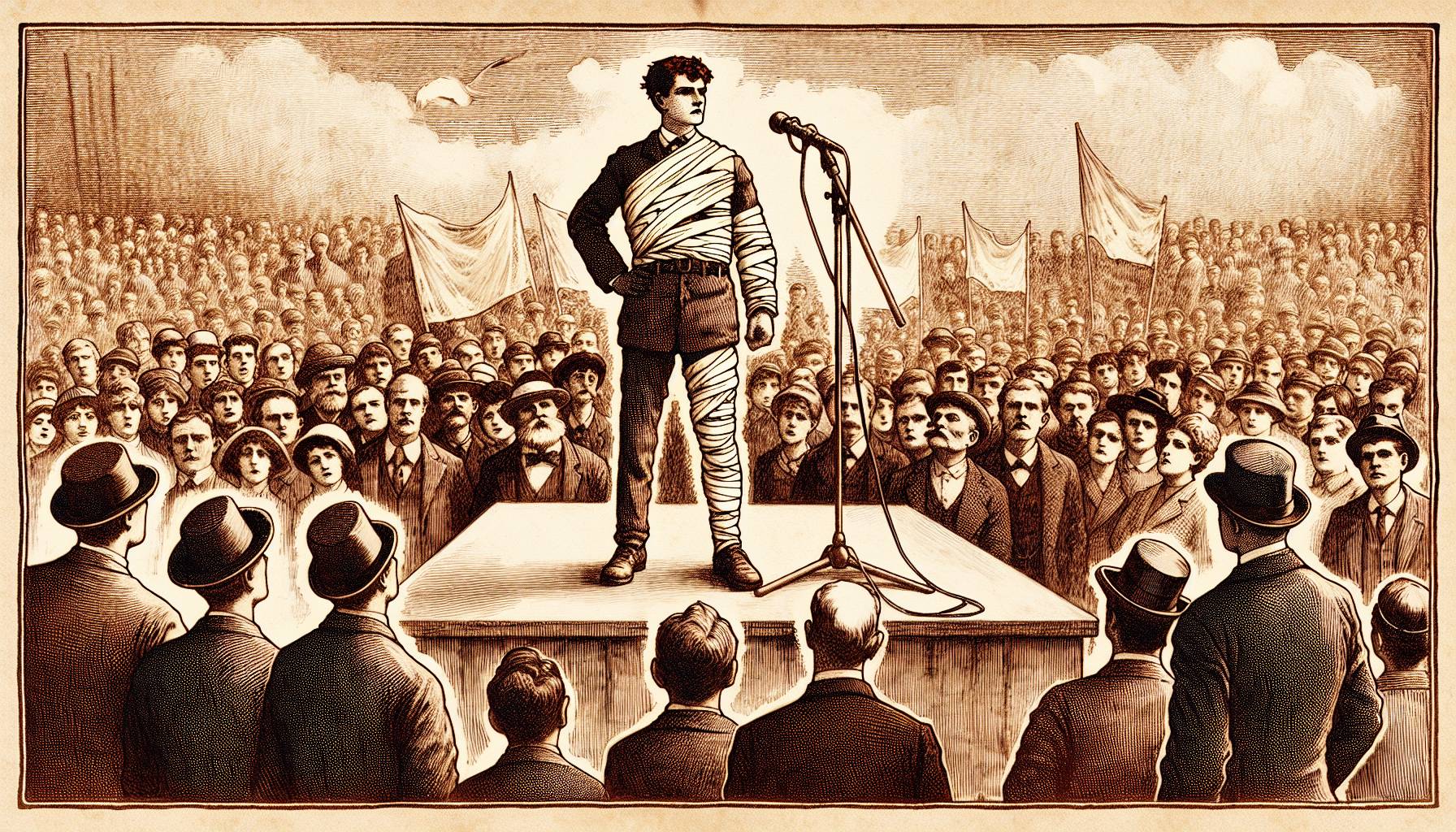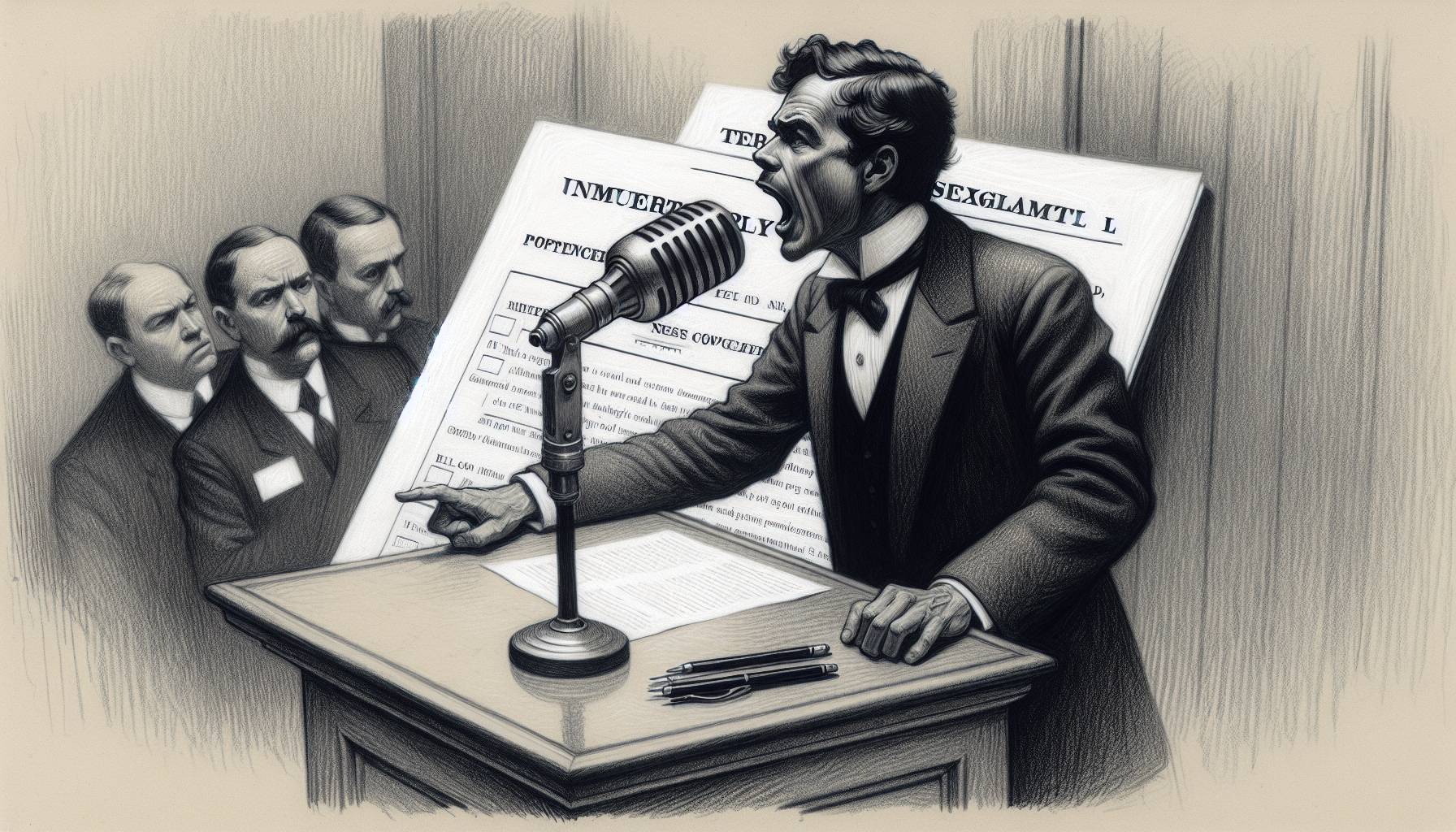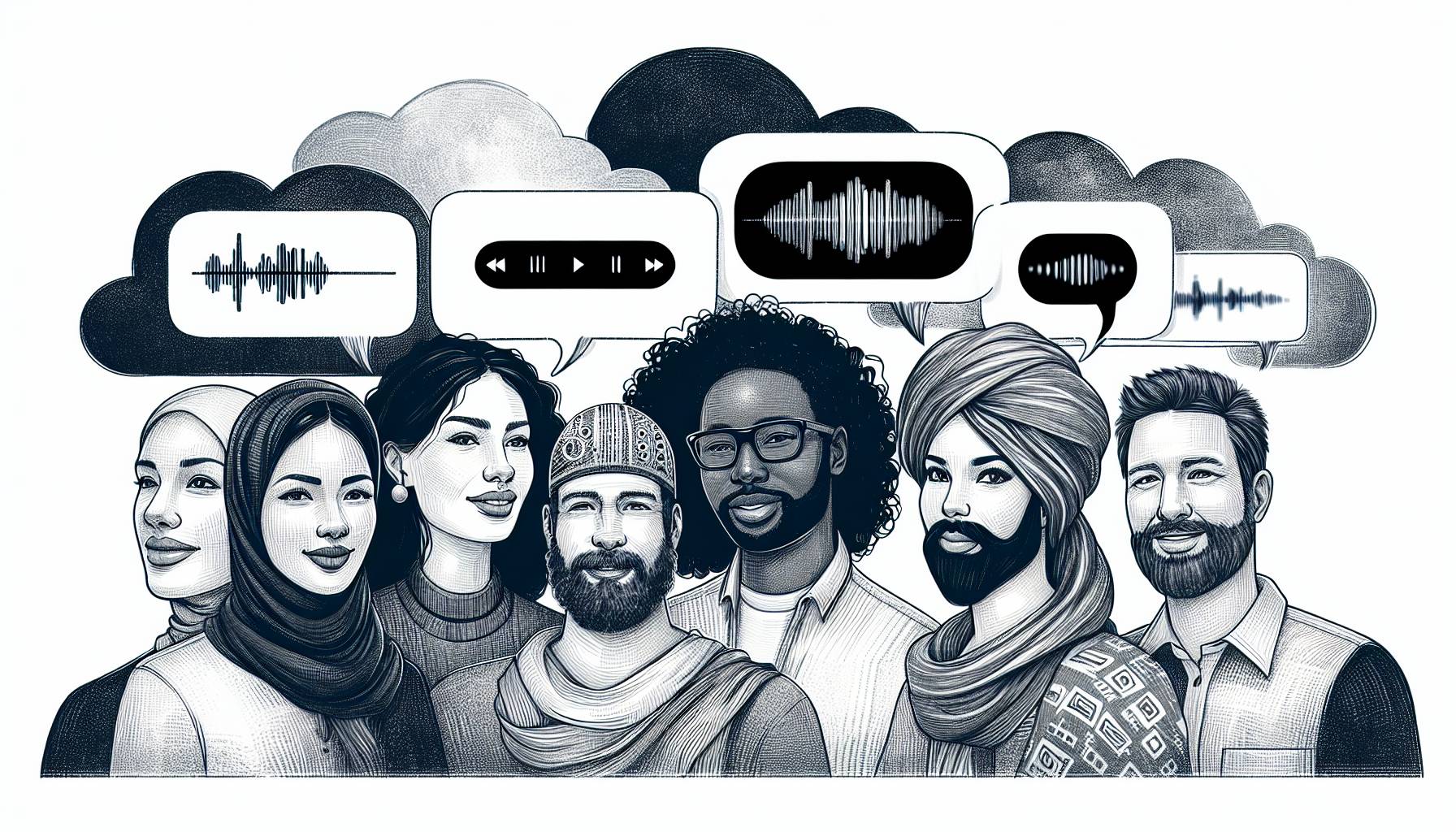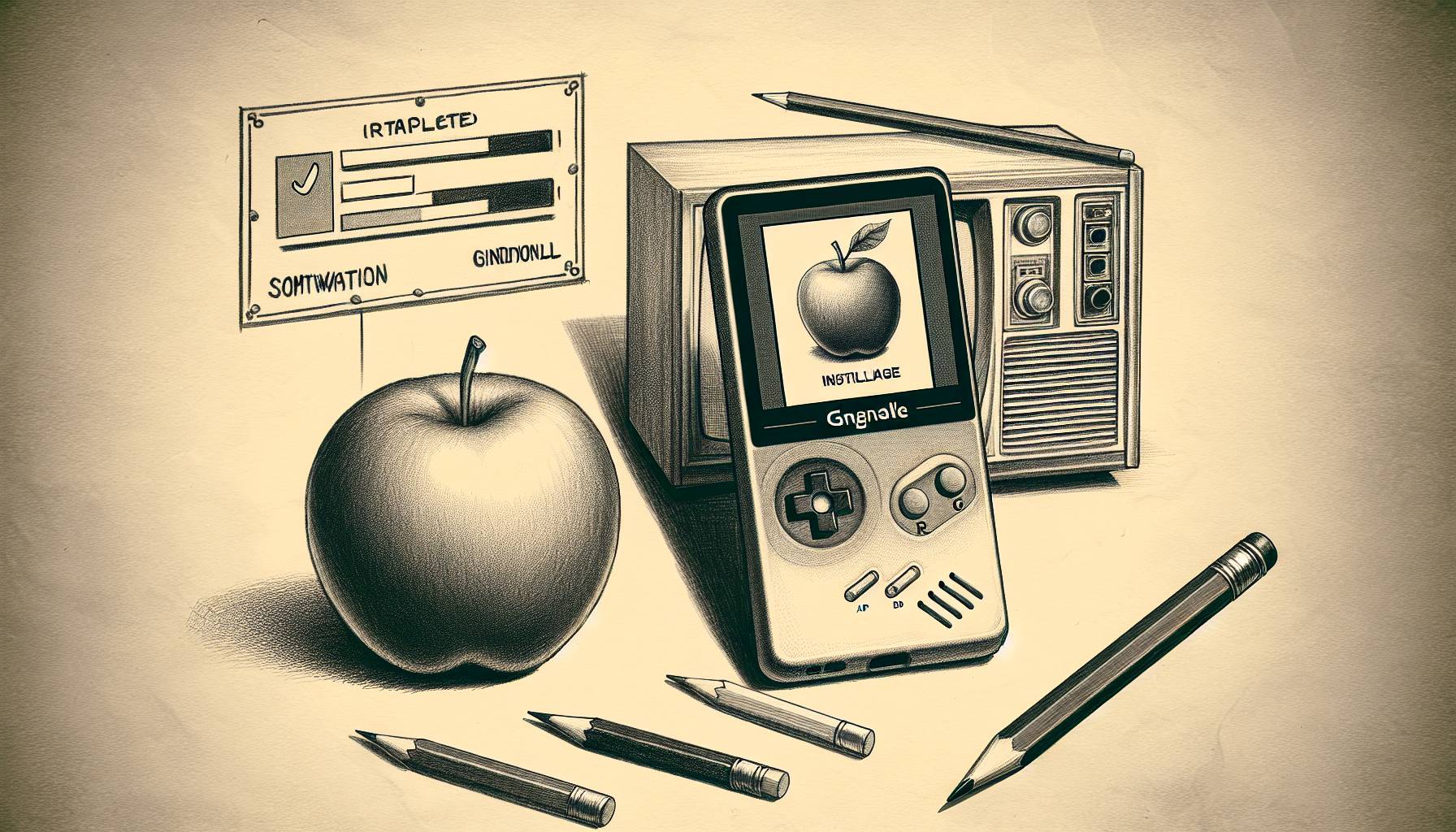While prepaid smartphones are not for everybody, the opportunity to purchase an iPhone or any other state-of-the-art device without a long-term carrier contract is an attractive value proposition for many consumers.
For the first time since its debut in 2007, the iPhone is now available with no contract via Leap Wireless and its Cricket cellular service provider. Beginning June 29, Virgin Mobile USA will also be marketing Apple’s iconic smartphone with flexible, month-to-month subscriptions. Expect other top-of-the-line smartphones to follow suit, meaning those turned off by limited device options in the past now have cause to reconsider a prepaid plan.
Before deciding whether a prepaid smartphone is the best option for you, consider these pros and cons first.
Reasons why a prepaid smartphone might be worth buying
Cheaper monthly plans: As is the case with other devices, the prepaid iPhone plans for Cricket and Virgin are substantially cheaper than what can be found with the larger carriers including AT&T, Verizon and Sprint (note that Virgin Mobile USA is a division of Sprint). On Cricket, for $55/month users can enjoy unlimited talking and texting. They also receive 2.3 gigabytes of data each month. If that data limit is exceeded, rather than paying more, Cricket reserves the right to slow down transmission speeds. Virgin will offer a few packages in that same range, including $50/month for unlimited talk and text (including 2.5GB of data before the potential of throttling). There is also a $40 option for 1,200 minutes and $30 option for 300 minutes.
Compare this to the major carriers, where the cheapest offer comes from AT&T with a $60/month plan that includes 450 minutes, a comparatively puny 300 megabytes of data and and no texting. Sprint’s “Unlimited Everything” plan goes for $70/month. Most other plans from Verizon and AT&T that include a reasonable mix of voice, texting and data are close to or exceed $100/month.
The monthly price differential between prepaid and major carrier packages for Android phones and BlackBerries are comparable. There are very few prepaid phones for Microsoft’s Windows mobile platform available on the market today.
Month-to-month flexibility: Arguably more significant than saving $10 to $50 per month on your cell phone bill is the fact that you don’t have to enter into a cumbersome, two-year commitment with your carrier. With prepaid options, you can choose to suspend your service at any point (if you’re going on vacation, for instance) and pick things up at a later time. Further, there is no early termination penalty if you choose to change carriers or want to discontinue your service.
No credit checks: If your credit score is below a certain level, the major carriers will make it difficult to sign-up for a long-term plan. Even if you are deemed eligible enough to pay them thousands of dollars over a two-year period of time, a poor credit rating may cause you to pay extra either at the onset of your contract or over time. With the prepaid option, you invest in the service upfront and don’t have to worry about credit checks or associated penalties.
The biggest hangups in purchasing a prepaid phone
Sticker shock: Because prepaid phones are not subsidized by the longer-term income a two-year contract provides, the purchase price for devices is significantly higher than what is typically offered by the major carriers. The 16GB iPhone 4S, for instance, can be purchased for $199 with a two-year plan. The same device from Cricket will run you $499, while Virgin is selling the iPhone 4S for $649. You will generally see comparable prices for prepaid Android smartphones and BlackBerries.
Data limitations: The more advanced smartphone you own, the more data you are likely to consume over a given month. According to research firm Analysis Mason, iPhone users on average go through about three times the amount of data as other smartphone owners. Android smartphones, particularly those manufactured by HTC, also generate significantly more data consumption than less advanced devices according to the report. The ability to play games, download and stream videos and constantly check-in with your Facebook friends throughout the day on these devices no doubt leads to higher data usage. While the prepaid plans don’t increase in price after a monthly data quota is hit, speeds slow down considerably, making it tough to enjoy many of the features that inspired you to purchase a smartphone in the first place.
Inferior networks: Cellular networks that specialize in pre-paid plans are typically not as robust as the four major networks. This is also true for smaller carriers that lease network space from the bigger networks at wholesale and then market discount services to consumers. Faster 4G connections that are available for many Androids and BlackBerries (and will likely come to iPhones later this year) are not in place on the smaller, regional networks. It is not realistic to expect a Cricket or Virgin to offer the same level of service as the big boys. This could become a bigger problem over time, particularly for heavier users. There is also no guarantee of nationwide coverage, so check your carrier’s coverage map before purchasing a phone. In fact, you can’t currently buy a prepaid iPhone from Cricket in Chicago and other major markets.
A good deal overall for moderate users
Despite these issues, there is no better time than today to purchase a prepaid smartphone. With iPhones entering into the picture, there is no longer the stigma (or reality) that prepaid plans are the realm of second-tier devices. If you anticipate using your smartphone moderately, and are not engaging in heavy data-consumption activities like video streaming and multiplayer gaming, a prepaid plan might be the best bang for your buck. Over time, you will save significantly more money and have the flexibility to pause or suspend your service for any reason.
Beyond Cricket and Virgin, there are several regional carriers including Boost Mobile, Jitterbug and MetroPCS that offer prepaid plans. And while the major carriers have begun to market their own prepaid options, the devices they currently offer for those plans are extremely limited. That may motivate you to commit to a two-year deal after all.
Discover great iOS games here

